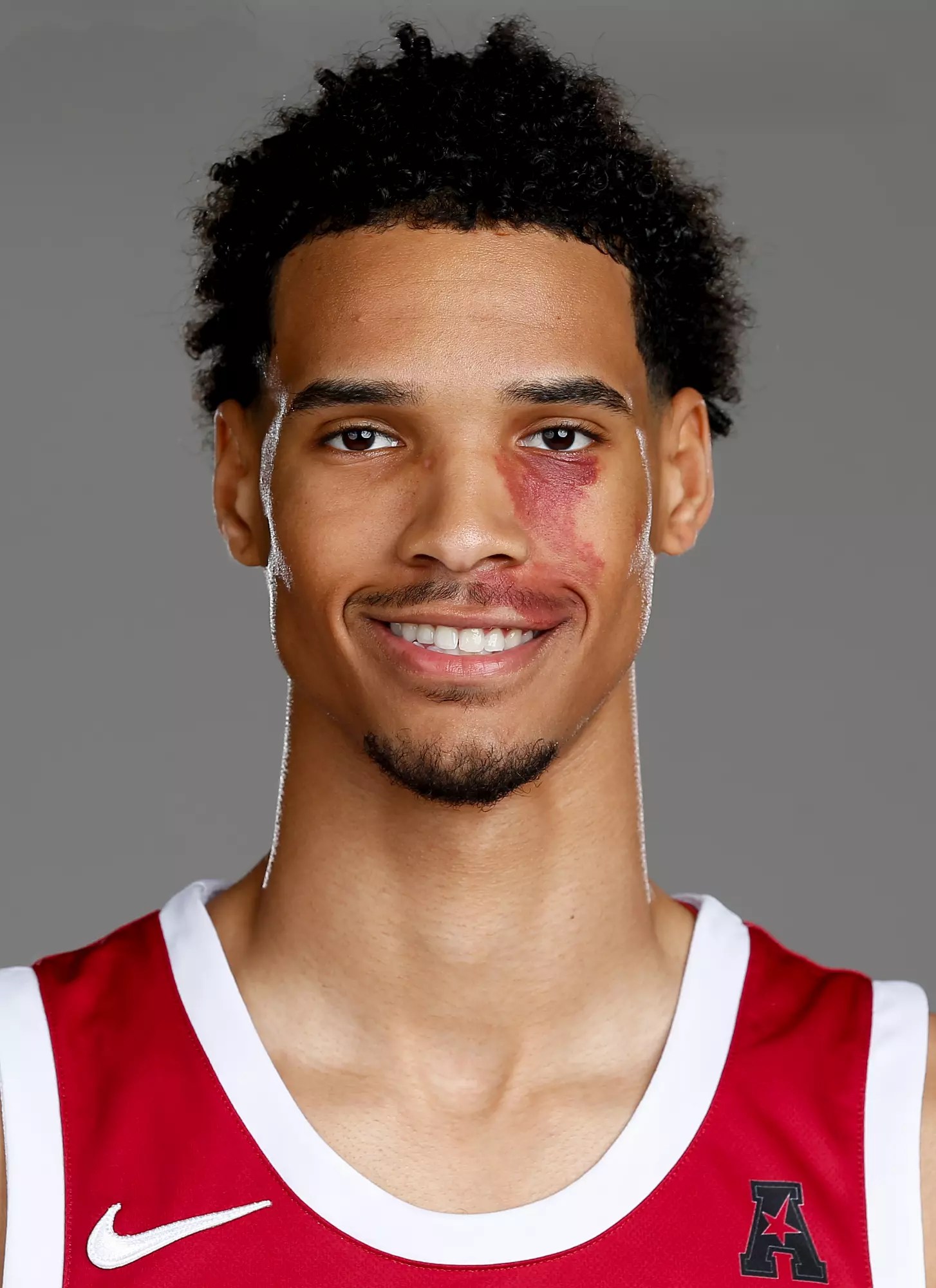Former Howard University standout Steve Settle III is officially taking his next step into the pros after signing with the Miami Heat, marking another major moment for HBCU basketball. The 6-foot-11 forward, who became a star at Howard before transferring to Temple University, is part of a growing wave of Historically Black College and University (HBCU) athletes breaking into the NBA spotlight.
The Heat announced Settle’s signing in mid-October 2025, confirming that he had agreed to an Exhibit 10 contract, a one-year, non-guaranteed deal designed to help promising players earn a roster or G League spot. According to the official Miami Heat press release, the move brings Settle into the organization’s training camp and development pipeline, where he’ll compete for a role with the Heat or their affiliate team, the Sioux Falls Skyforce.
Settle’s journey to this point has been anything but traditional. A native of Glenarden, Maryland, he first made his mark at Howard University, helping lead the Bison to the 2023 MEAC Championship and their first NCAA Tournament appearance in three decades. During his time at Howard, Settle averaged over 11 points and five rebounds per game, establishing himself as a versatile, high-energy forward who could stretch the floor and play both ends effectively. His success drew attention across the college basketball landscape, proving that elite-level athletes continue to thrive at HBCUs.
Following three strong seasons at Howard, Settle transferred to Temple University, where he elevated his production and visibility. At Temple, he averaged 12.6 points, 6.2 rebounds, and 1.7 assists while shooting an impressive 41.6% from beyond the arc. His development into a more dynamic scorer and capable perimeter defender caught the attention of NBA scouts. Temple Athletics described Settle as “a player who blends elite athleticism with maturity and leadership,” and credited his work ethic for creating a clear path to the pros.
Sports Illustrated also highlighted Settle’s signing as another example of Miami’s “eye for talent,” noting that the Heat have a long tradition of identifying under-the-radar players and turning them into key contributors. (Sports Illustrated) Settle joins a Heat program known for its rigorous development system — one that has produced stars like Jimmy Butler, Bam Adebayo, and Duncan Robinson, each of whom embodies the team’s “grind-first” mentality. For Settle, it’s a perfect fit.

The signing also represents a major win for Howard University, one of the most storied HBCUs in the nation. As programs like Howard continue investing in athletic development and exposure, their athletes are increasingly finding pathways to professional leagues around the world. The Bison’s recent success in both basketball and football has positioned the school as a leader in the renewed national conversation around HBCU athletics.
ClutchPoints reported that Settle’s Exhibit 10 contract gives him a clear opportunity to join Miami’s G League affiliate if he doesn’t make the main roster — a pathway that has helped multiple undrafted players build long-term NBA careers. (ClutchPoints) The deal could also be converted into a two-way contract, which would allow him to split time between the Heat and their G League team during the season.
Beyond the court, Settle’s story represents something much larger: the growing credibility of HBCU athletes in modern professional sports. Over the past few years, more players from historically Black colleges have been invited to the NBA’s pre-draft combines, participated in the NBA x HBCU Classic, and earned professional contracts overseas. Settle’s success adds momentum to that trend — proving that HBCU players have the skill, discipline, and basketball IQ to compete at the highest levels.
For the HBCU community, this moment is about more than basketball. It’s a reminder that institutions like Howard, Norfolk State, and North Carolina Central are not only developing great athletes but also producing disciplined, well-rounded leaders. As Howard Head Coach Kenneth Blakeney noted after Settle’s graduation, “We don’t just coach players; we prepare men for the next chapter of life — whether that’s business, family, or basketball.”
Settle’s transition from the Hilltop to South Beach symbolizes the evolution of the HBCU-to-NBA pipeline — one built on culture, character, and perseverance. For younger athletes at HBCUs nationwide, it’s proof that with dedication and exposure, their dreams are within reach. As Settle begins this next chapter with the Miami Heat, the HBCU world will be watching closely — and cheering even louder.

